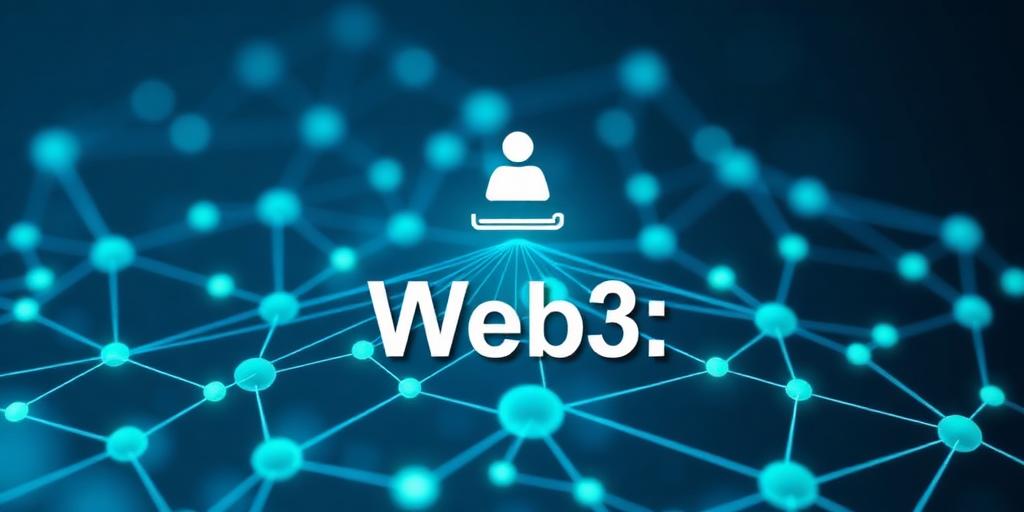Web3, the decentralized internet, has been heralded as a solution to the data privacy concerns plaguing Web2. At its core, Web3 promises data sovereignty, empowering users to control their personal information. But can it truly deliver on this promise?
What is Data Sovereignty?
Data sovereignty means individuals have ultimate control over their data. They decide who can access it, how it's used, and for how long. This contrasts sharply with Web2, where tech giants collect vast amounts of user data, often without explicit consent or transparency.
How Web3 Aims to Achieve Data Sovereignty:
- Decentralization: By distributing data across a network, Web3 eliminates central points of control, reducing the risk of mass data breaches and censorship.
- Blockchain Technology: Blockchains provide immutable records of transactions, enhancing transparency and accountability in data management.
- Self-Custodial Wallets: Users control their private keys, giving them direct ownership and control over their digital assets and data.
- Decentralized Applications (dApps): dApps operate on decentralized networks, reducing reliance on centralized servers and intermediaries.
Challenges to Web3 Data Sovereignty:
- Complexity: Web3 technologies can be complex for the average user, hindering adoption and effective data management.
- Scalability: Scaling decentralized networks to accommodate mass adoption remains a challenge, potentially impacting performance and user experience.
- Interoperability: Lack of interoperability between different Web3 platforms can create data silos and limit user control.
- Regulation: The regulatory landscape for Web3 is still evolving, creating uncertainty and potential compliance challenges.
- Security: While blockchain technology is secure, vulnerabilities in smart contracts and dApps can expose user data to risks.
The Path Forward:
To fulfill its promise of data sovereignty, Web3 needs to address these challenges through:
- User-Friendly Interfaces: Simplifying Web3 technologies and making them accessible to a wider audience.
- Scalability Solutions: Developing robust and scalable decentralized networks.
- Standardization: Establishing common standards for data formats and protocols to ensure interoperability.
- Clear Regulatory Frameworks: Providing clarity and guidance for Web3 businesses and users.
- Enhanced Security Measures: Implementing robust security protocols and auditing processes to protect user data.
Conclusion:
Web3 holds immense potential to revolutionize data privacy and empower individuals with true data sovereignty. However, overcoming the existing challenges is crucial to realizing this vision. By prioritizing user experience, scalability, interoperability, regulation, and security, Web3 can pave the way for a future where individuals are truly in control of their data.









